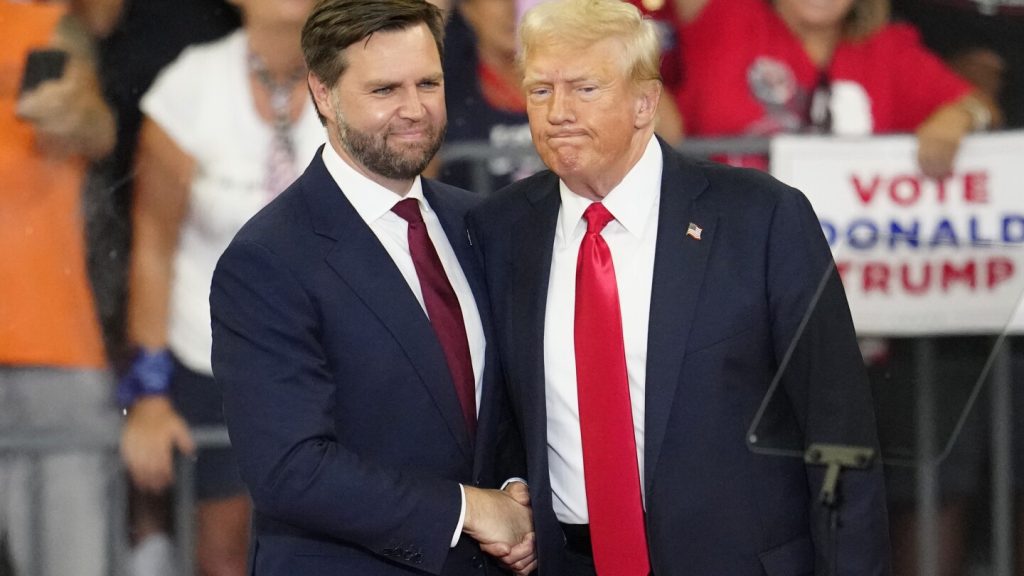Three major news outlets, Politico, The New York Times, and The Washington Post, were leaked confidential material from inside the Donald Trump campaign, including a report vetting JD Vance as a potential vice presidential candidate. Despite receiving these documents, the news outlets have refused to reveal any details about what they received. Instead, they have written about a potential hack of the campaign in broad terms. This situation is in stark contrast to the 2016 presidential campaign when a Russian hack exposed emails from Hillary Clinton’s campaign manager, John Podesta, which were then published by Wikileaks.
Politico received emails from an individual identified as “Robert” containing a 271-page campaign document about Vance and a partial vetting report on Sen. Marco Rubio. Both Politico and The Washington Post confirmed the authenticity of these documents with two independent sources. The Trump campaign claimed it had been hacked and blamed Iranians, although no evidence was provided to support this claim. The FBI confirmed that they were investigating the matter, but details on the source of the leaks remain unclear.
The New York Times and The Washington Post have not disclosed why they chose not to publish details of the internal communications they received. A spokesperson for The Washington Post mentioned that authenticity, source motives, and public interest were considered when making decisions on what to publish. Politico’s spokesperson stated that the questions surrounding the origin of the documents were more newsworthy than the actual content, leading them to not publish the details. The news organizations are handling the leaked material carefully, especially given the lessons learned from the 2016 election.
During the 2016 election, there was widespread coverage of documents on the Clinton campaign that were acquired by Wikileaks from hackers. The public domain release of this material increased pressure on news organizations to publish, sometimes leading to misrepresentation of the content. Experts like Kathleen Hall Jamieson and Thomas Rid believe that the news organizations made the right decision not to publish details of the Trump campaign material without verifying the source. Jesse Eisinger, a senior reporter and editor at ProPublica, criticized the outlets for not revealing more information from the leaked documents, suggesting that newsworthiness should outweigh concerns about the source.
The handling of the leaked Trump campaign material raises questions about transparency and journalistic responsibility in the current political landscape. The potential influence of foreign agents on the 2024 presidential campaign underscores the importance of ethical reporting practices. As investigations into the origin of the leaks continue, media outlets must navigate the delicate balance between informing the public and avoiding the spread of misinformation. The decisions made by these news organizations in response to the leaked material reflect a cautious approach to reporting on sensitive and potentially damaging information.


